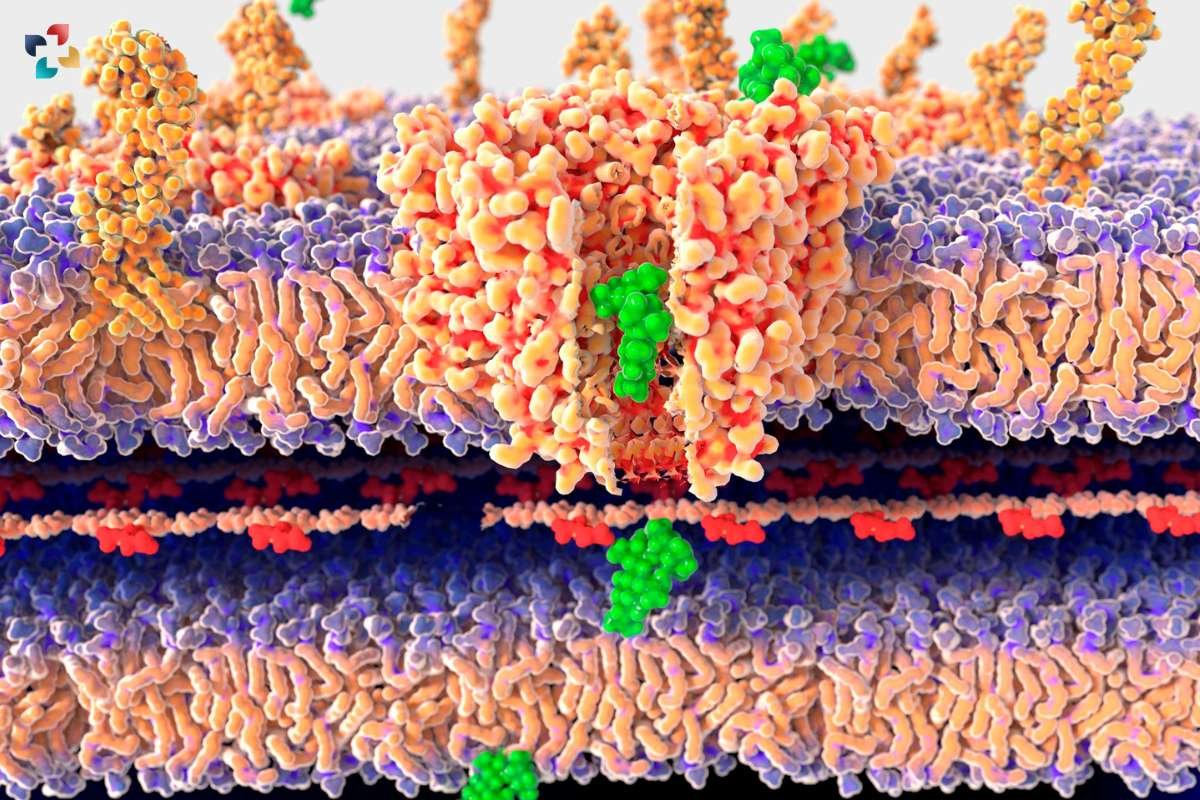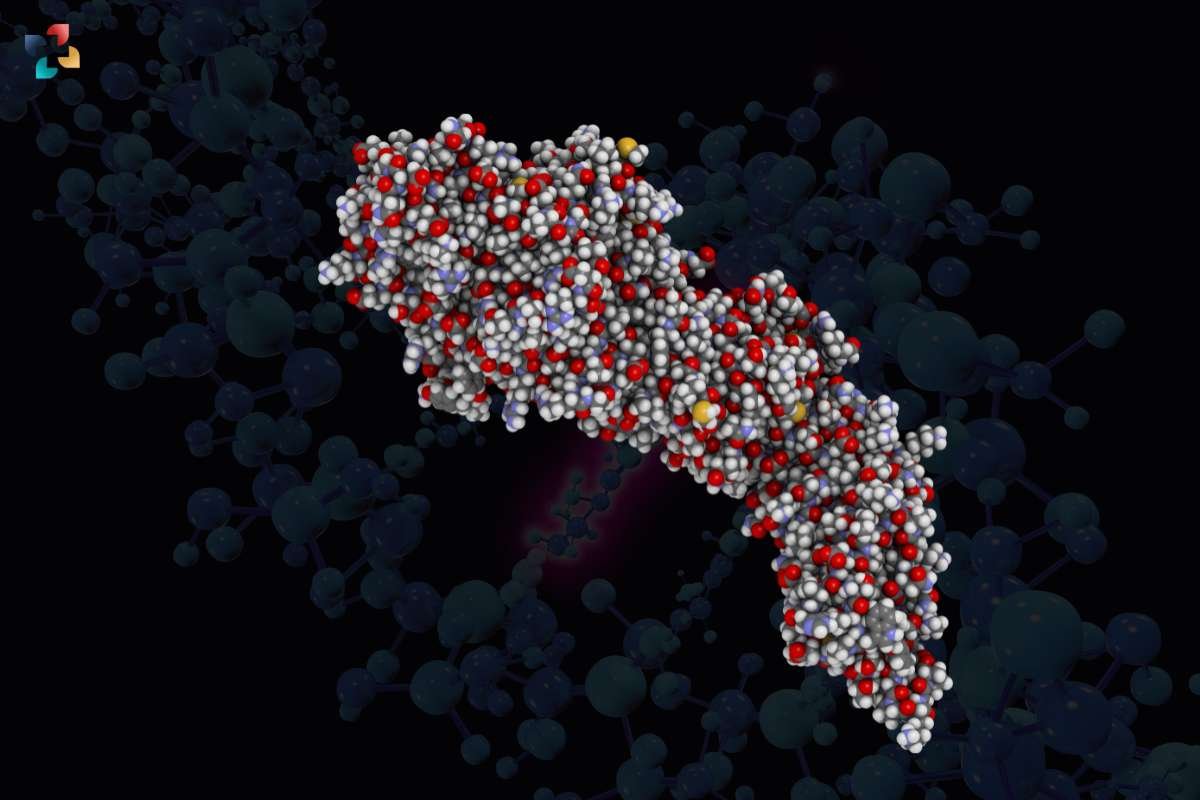One of the fundamental theories of genetic variation is single nucleotide polymorphism (SNP), which provides a wealth of information on the complexity and diversity of the human genome. The substitution of a single nucleotide base at a particular genomic location characterizes these minute genetic changes, which are extremely important for our understanding of population genetics, disease susceptibility, evolutionary dynamics, and personalized treatment. We explore the many facets of single nucleotide polymorphism in this extensive article, including its molecular causes, detection techniques, and biological and health ramifications.
Understanding Single Nucleotide Polymorphism
Single nucleotide polymorphism, often abbreviated as SNP, refers to a common type of genetic variation that occurs at the level of individual nucleotides within the DNA sequence. At a specific genomic locus, an SNP arises when a single nucleotide base (adenine, cytosine, guanine, or thymine) is replaced by another nucleotide base. For example, a SNP may involve the substitution of an adenine (A) with a guanine (G) at a particular position in the DNA sequence.
Molecular Mechanisms of SNP Formation

The formation of single nucleotide polymorphisms can occur through various molecular mechanisms, including:
- Spontaneous mutations during DNA replication or repair processes
- DNA damage induced by environmental factors such as radiation, chemicals, or oxidative stress
- Inherited variations passed down through generations as part of the natural genetic diversity within populations
Detection and Analysis of SNPs
Advancements in genomic technologies have revolutionized the detection and analysis of single nucleotide polymorphisms, enabling researchers to identify and characterize SNPs with unprecedented accuracy and efficiency. Some common methods used for SNP detection include:
- Polymerase chain reaction (PCR) followed by DNA sequencing or restriction fragment length polymorphism (RFLP) analysis
- Genotyping arrays or SNP microarrays that allow high-throughput screening of thousands to millions of SNPs simultaneously
- Next-generation sequencing (NGS) techniques, including whole-genome sequencing (WGS) and targeted sequencing approaches, for comprehensive SNP profiling and variant discovery.
Significance of SNPs in Human Health and Disease
Single nucleotide polymorphisms play a pivotal role in human health and disease, influencing susceptibility to various genetic disorders, complex diseases, and pharmacogenetic traits. Some key aspects of SNP significance include:
1. Disease Association
SNPs located within or near genes can impact gene function, expression levels, or protein structure, leading to altered biological pathways and increased susceptibility to diseases such as cancer, cardiovascular disorders, autoimmune diseases, and neurodegenerative conditions.
2. Pharmacogenetics
Certain SNPs can affect drug metabolism, efficacy, and toxicity by influencing the activity of drug-metabolizing enzymes, drug transporters, or drug targets. Pharmacogenetic testing for clinically relevant SNPs allows healthcare providers to personalize medication selection, dosing regimens, and treatment strategies for individual patients, thereby optimizing therapeutic outcomes and minimizing adverse drug reactions.
3. Population Genetics
SNPs serve as invaluable markers for studying population genetics, ancestry, migration patterns, and evolutionary relationships among human populations. By analyzing SNP patterns across diverse populations, researchers can infer population history, genetic diversity, and population admixture events, shedding light on human evolutionary dynamics and demographic processes.
Applications of SNPs in Biomedical Research

Single nucleotide polymorphisms find widespread applications in biomedical research, fueling advancements in genomics, precision medicine, and disease genetics. Some notable applications include:
Genome-wide association studies (GWAS) to identify genetic variants associated with complex traits, diseases, and drug responses in large cohorts of individuals.
Pharmacogenomic studies to elucidate the genetic basis of inter-individual variability in drug responses and to develop personalized medicine approaches for optimizing drug therapy.
Population genetics research to investigate genetic diversity, population structure, and evolutionary history across human populations using SNP data derived from genome-wide SNP arrays or whole-genome sequencing.
Future Directions and Challenges
As genomic technologies continue to evolve and our understanding of genetic variation expands, the field of single nucleotide polymorphism research is poised for further growth and innovation. However, several challenges and considerations must be addressed to realize the full potential of SNP-based research and personalized medicine, including:
1. Data interpretation and integration
The vast amount of SNP data generated from genomic studies presents challenges in data interpretation, integration, and translation into clinical practice.
2. Ethical, legal, and social implications (ELSI)
SNP research raises important ethical, legal, and social considerations related to privacy, consent, genetic discrimination, and equitable access to genetic testing and healthcare services.
3. Translational barriers

Bridging the gap between SNP discovery in research settings and clinical implementation in healthcare practice requires overcoming translational barriers related to validation, standardization, and regulatory approval of SNP-based tests and interventions.
Conclusion
To sum up, single nucleotide polymorphisms, or SNPs, are a basic form of genetic variation that have profound effects on population genetics, pharmacogenetics, human health, and disease susceptibility. Our understanding of human biology and evolution can be advanced, new insights into the genetic basis of disease can be unlocked, therapeutic interventions can be optimised, and our understanding of SNP formation and its molecular mechanisms clarified. We can also use SNP data to power our biomedical research and personalised medicine. Collaboration between academics, clinicians, policymakers, and stakeholders will be essential as we traverse the difficulties of SNP research and translation to fully realise the potential of SNP-based approaches to enhance human health and well-being.
FAQs:
What is a single nucleotide polymorphism (SNP)?
A single nucleotide polymorphism (SNP) is a common type of genetic variation that occurs when a single nucleotide base in the DNA sequence is substituted with another nucleotide base at a specific genomic position. SNPs represent natural variations within the human genome and contribute to genetic diversity among individuals.
How do SNPs impact human health?
SNPs can influence human health by affecting susceptibility to diseases, responses to medications, and other physiological traits. SNPs located within or near genes may alter gene function, expression levels, or protein structure, leading to increased risk of diseases such as cancer, cardiovascular disorders, autoimmune diseases, and neurodegenerative conditions.
How are SNPs detected and analyzed?
SNPs are detected and analyzed using various genomic technologies and techniques, including polymerase chain reaction (PCR) followed by DNA sequencing or restriction fragment length polymorphism (RFLP) analysis, genotyping arrays or SNP microarrays, and next-generation sequencing (NGS) methods such as whole-genome sequencing (WGS) and targeted sequencing approaches.
What are some examples of SNP applications in healthcare?
Examples of SNP applications in healthcare include genome-wide association studies (GWAS) to identify genetic variants associated with complex traits and diseases, pharmacogenomic studies to personalize medication selection and dosing based on individual genetic profiles, and population genetics research to study genetic diversity and ancestry among human populations.
What challenges exist in SNP research and personalized medicine?
Challenges in SNP research and personalized medicine include data interpretation and integration of SNP data into clinical practice, ethical, legal, and social implications (ELSI) related to privacy and genetic discrimination, translational barriers in validating and implementing SNP-based tests and interventions, and the need for interdisciplinary collaboration and regulatory oversight to ensure the responsible use of SNP data in healthcare.








